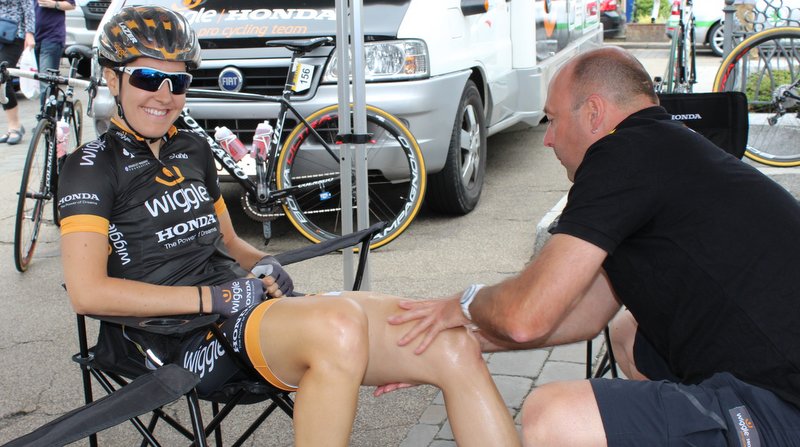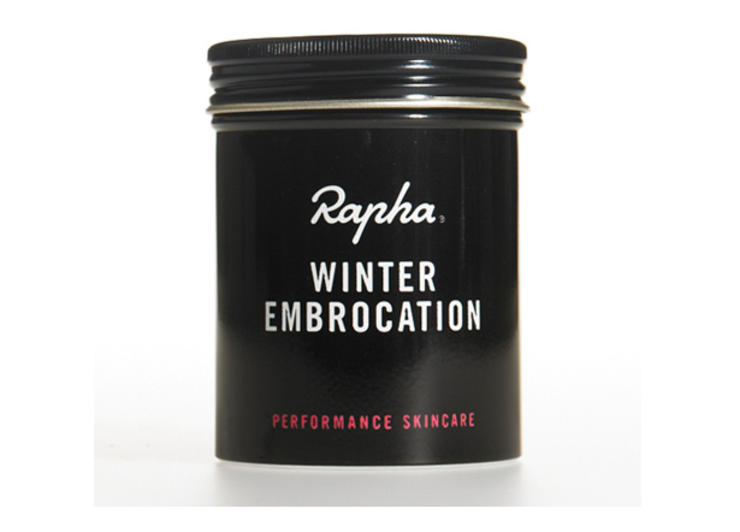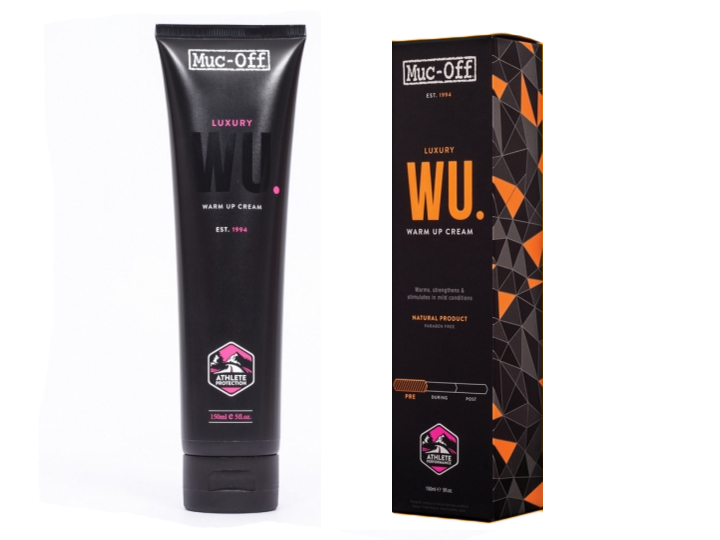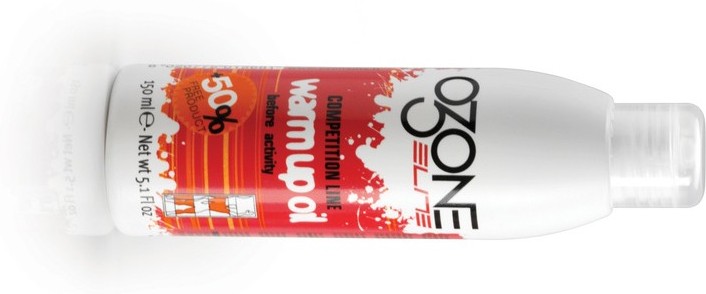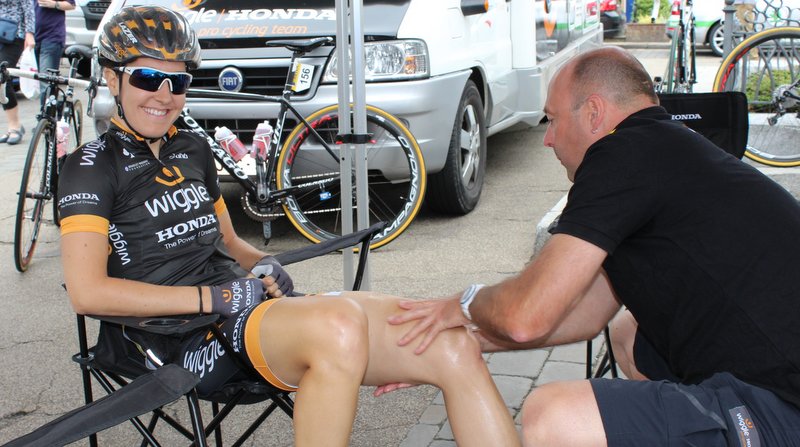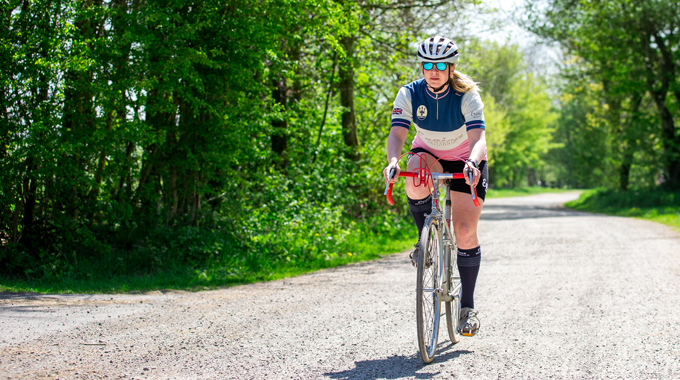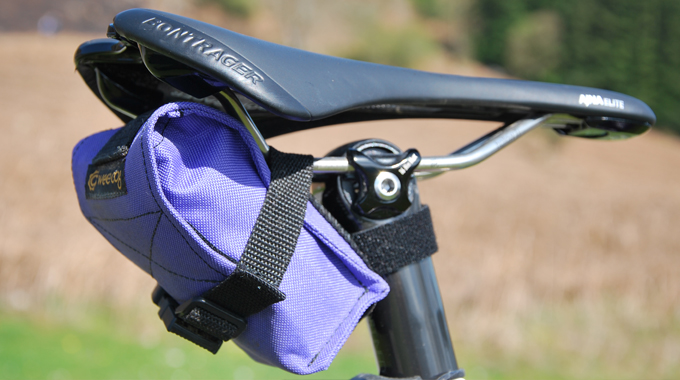Early spring can be difficult for cyclists – the mornings are often chilly, but temperatures do rise as the day goes on and body temperature of course increases as you start to work harder. Often cyclists choose to wear arm and leg warmers for the early stages of their ride, sliding them off if and when they overheat. However, there is another option – warm-up oil.
Also called embrocation, warm-up oil usually comes in a cream form a lot like a body butter or moisturiser and works by making the skin feel warm. It’s often used by racers attacking events when they know it’ll be cold at the start – such as cyclocross events or early morning time trials. However, a pot will last for months and will only set you back about £20 so there’s no reason you can’t also slap a bit on before you head out for your weekend ride or commute.
Much like heating balms used to relieve the symptoms of muscle pains, warm-up oil doesn’t actually heat the skin or the muscles underneath, it just gives a sensation much like sitting next to a radiator.
“I do use it – which is interesting considering that I kind of know it has no actual proven scientific or physical benefits. I think there is definitely a placebo effect in using warm-up oil.”
When we asked physiotherapist at Peloton Physio and category 2 racer for Les Filles Race Team, Nicole Oh, what she thought of the stuff she told us she uses it on a regular basis, saying: “I don’t think there is reputable research that conclusively shows it [warm-up oil] has any real benefits. But do I use it? You bet I do – which is interesting considering that I kind of know it has no actual proven scientific or physical benefits.
“I tend to go mostly for embrocation in colder weather races – the Rapha Winter Embro is currently my choice, mainly because it is quite strong. I hate wearing leg or knee warmers, especially in the wet. I much prefer wet skin then wet material. In summer I will just use oil because I like the smell and it makes my legs look shiny!”
On the actual physical benefits, she said the process of application may have an effect, as well as use providing a mental boost – saying: “I don’t think the actual cream or oil really does anything in itself, possibly there may be a small benefit [to injury prevention] from the rubbing in or massaging process rather than the actual product itself. The product does not actually warm the skin’s temperature or tissues underneath, it just gives the sensation of warmth. To warm up properly and improve blood flow, you actually need to do exercise! I think there is definitely a placebo effect in using warm-up oil, and some people use it as part of their preparation routine as it increases their readiness for competition.”

